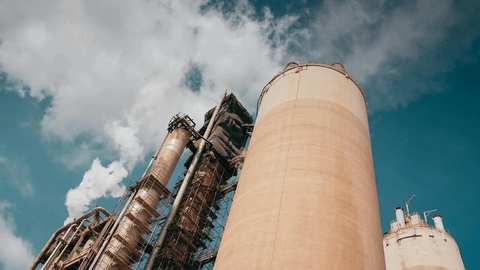The University of Waterloo Climate Institute brings together scientists and students to elevate and enhance the impact and excellence of innovative interdisciplinary research and education that empowers business, government and civil society to respond effectively to the climate crisis.
University of Waterloo’s unique combination of strengths and depth of expertise allows us to deal head-on with the complexity and interconnectedness of social, political and technological dimensions of the climate crisis.
Our expertise and focus
Our three core areas of research and innovation are developed through lenses of equity, justice, governance, and innovation to create truly impactful solutions for this existential global challenge.
News
Waterloo’s Circular Economy Research Gets $2.5M Boost to Transform Waste into Valuable Products
Researchers at the University of Waterloo have been awarded $2.5 million by NSERC and SSHRC to develop sustainable bioprocesses that convert waste materials, such as plastics and CO2 emissions, into valuable products. This funding is part of the National Science Foundation Global Centers initiative. The project, led by Dr. Christian Euler, involves 40 researchers from 18 institutions and aims to reduce pollution and promote a circular economy. The interdisciplinary team will leverage synthetic biology, carbon capture, and material science to create next-generation bioprocesses, while also training future scientists and policymakers.
Climate Institute supports a roadmap for innovative and equity-informed climate action
Over the past year, the Waterloo Climate Institute has collaborated closely with Southwestern Public Health (SWPH), which serves the regions of Oxford County, Elgin County and the City of St. Thomas, to identify critical climate-related health risks in the region. Using the latest climate change projections and focusing on the most vulnerable populations, the resulting report lays out recommendations to enhance preparedness and resilience in tackling these challenges in the region.
Solving the Crisis: Tackling Six Global Crises for a Brighter Future
Waterloo’s “Solving the Crisis” series highlights research addressing six global challenges, including climate change and digital privacy. Experts propose innovative solutions, emphasizing the importance of research, collaboration, and sustainable practices to create a brighter, more equitable future.










